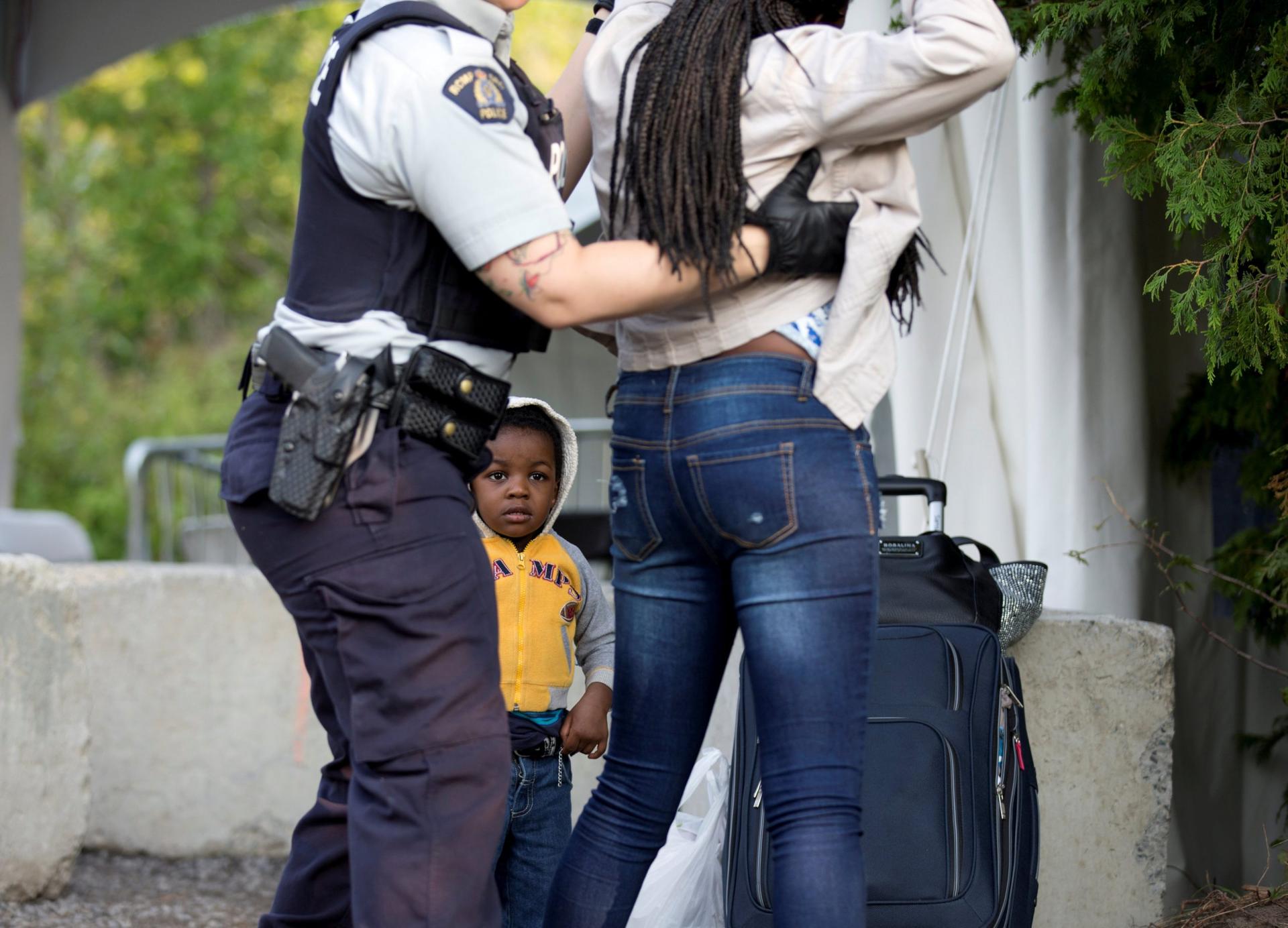WASHINGTON, D.C. — As the Trafficking Victims Protection Act of 2000 marked its 20th year Oct. 28, the Catholic congressman who wrote it — and four other anti-trafficking laws in the intervening years — celebrated the historic legislation that holds every nation on the globe “to account on human trafficking matters.”
But in celebrating the law’s anniversary, Rep. Chris Smith, R-New Jersey, also expressed serious concern the ongoing pandemic is putting more children and young people at risk of exploitation.
With restrictions in place to stop the spread of COVID-19,they are spending so much more time on the internet, he said.
“Some of today’s challenges, such as how ever-evolving technology is being utilized by predators to lure children into trafficking, could not have been anticipated 20 years ago,” Smith said.
“Today, due to COVID-19 restrictions, young people are spending more time online and evidence suggests a huge spike in predators’ access to children on the internet and the rise of online grooming and sexual exploitation while children are isolated and ‘virtually’ connected to the world,” he added.
In his home state alone, he said, reports of online child exploitation are up 75 percent, according to the Asbury Park Press daily newspaper. “(This) can lead to human trafficking and other abuses,” Smith said.
He made the comments in an op-ed he distributed to media around the country, including Catholic News Service.
The law he wrote “to aggressively combat sex and labor trafficking both within the United States and around the world,” he said, “created a new, well-funded whole-of-government domestic and international strategy and established numerous new programs to protect victims, prosecute traffickers and to the extent possible, prevent human trafficking in the first place.”
“Thousands of human traffickers have been prosecuted and jailed pursuant” under the landmark law, he said, including Jeffrey Epstein, a wealthy financier and convicted sex offender who federal prosecutors charged in 2019 with creating a sex trafficking operation involving dozens of underage girls.
Before he could face trial on the charges, Epstein was found dead Aug. 19, 2019, in his cell in a federal prison in New York, the victim of an apparent suicide.
Smith also pointed to Keith Raniere and Allison Mack as examples of others prosecuted under the TVPA.
Raniere was the leader of NXIVM, an organization he described as a self-help group but what prosecutors called a sex cult. He was convicted in June 2019 on charges including sexual exploitation, forced labor and sex trafficking. This October, on Oct. 27, he was sentenced to 120 years in prison by a federal court in Brooklyn, New York.
Mack, a TV actress known for her role in “Smallville,” was a high-ranking member of Raniere’s organization and faces multiple charges for allegedly being involved in a scheme to turn women into sex slaves. She pleaded guilty to racketeering charges in April 2019 and is awaiting sentencing.
Smith said the TVPA “included a number of ‘sea change’ criminal code reforms including treating as a victim — and not a perpetrator of a crime — anyone exploited by a commercial sex act who had not attained the age of 18 and anyone older where there was an element of force, fraud or coercion.”
“The TVPA radically reformed the U.S. criminal code to authorize asset confiscation and jail sentences of up to life imprisonment for the predators,” he continued.
“Most importantly, because of the TVPA, many victims have been rescued and protected,” he said, “while comprehensive prevention strategies have spared many from the exploitation and abuse of the crime that treats mostly women and children as mere commodities to be bought and sold.”
The 2000 law included the Campus Sex Crimes Prevention Act and the Battered Immigrant Women Protection Act and reauthorized the Violence Against Women Act.
It also provided for sheltering and a national hotline available 24/7 — (888) 373-7888 — and for refugees, created a new asylum category — the T visa — to protect victims and their families.
The visa enables certain human trafficking victims to remain in the United States for up to four years if they have assisted law enforcement in an investigation or prosecution of human trafficking.
Smith sponsored four additional laws to combat human trafficking — in 2003, 2005, 2016 and 2019. Signed into law by President Donald Trump, the 2019 law is called the Frederick Douglass Trafficking Victims Prevention and Protection Act.
The law for the first time authorizes federal grants for local educational agencies “to educate school staff to recognize and respond to signs of sex and labor trafficking and provide age-appropriate information to students on how to avoid becoming victims,” said Smith, who founded the Congressional Human Trafficking Caucus and has chaired dozens of hearings on human trafficking.
“Twenty years after the TVPA became law, the nefarious trade in women and children — modern-day slavery — has become more visible and a more urgent priority for law enforcement on all levels,” the congressman said. “Much remains to be done to protect victims, prosecute traffickers and prevent human trafficking.”














